The CMP Review — Week of February 6
February 6, 2023
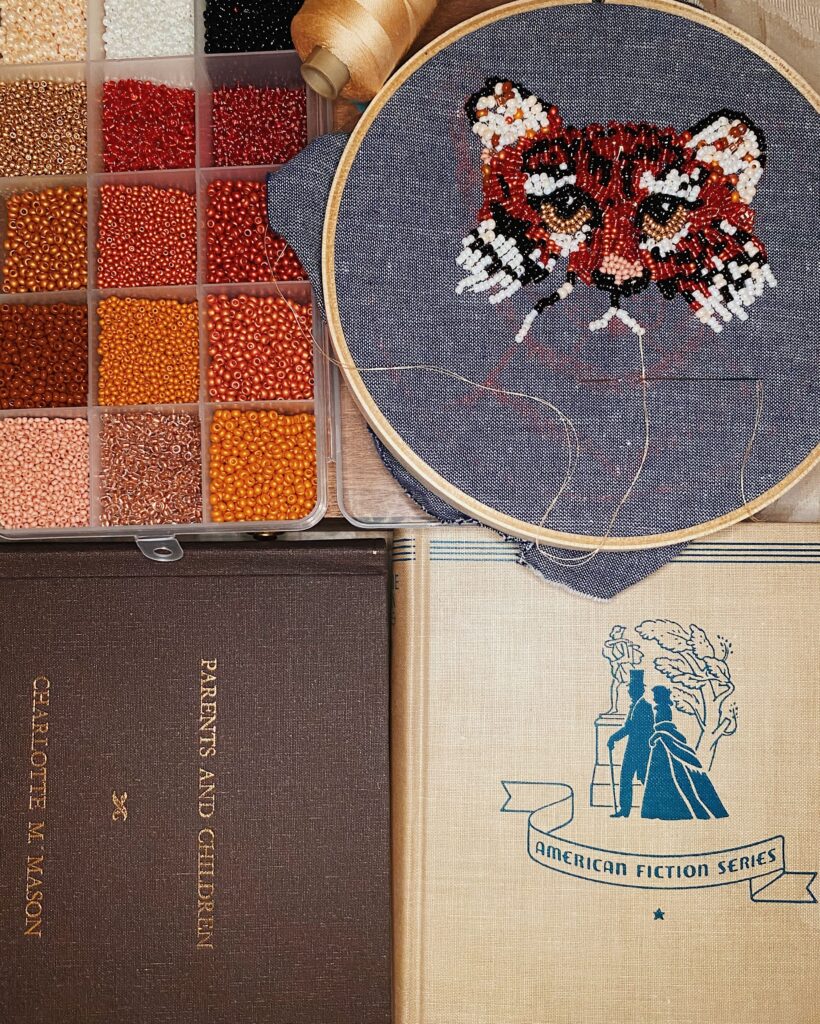
“Mother must have time to herself. And we must not say ‘I cannot.’ Can any of us say till we have tried, not for one week, but for one whole year, day after day, that we ‘cannot’ get one half-hour out of the twenty-four for ‘Mother Culture’?—one half-hour in which we can read, think, or ‘remember.’” (A, PR3, “Mother Culture”, p. 95)
@tessakeath
February 7, 2023
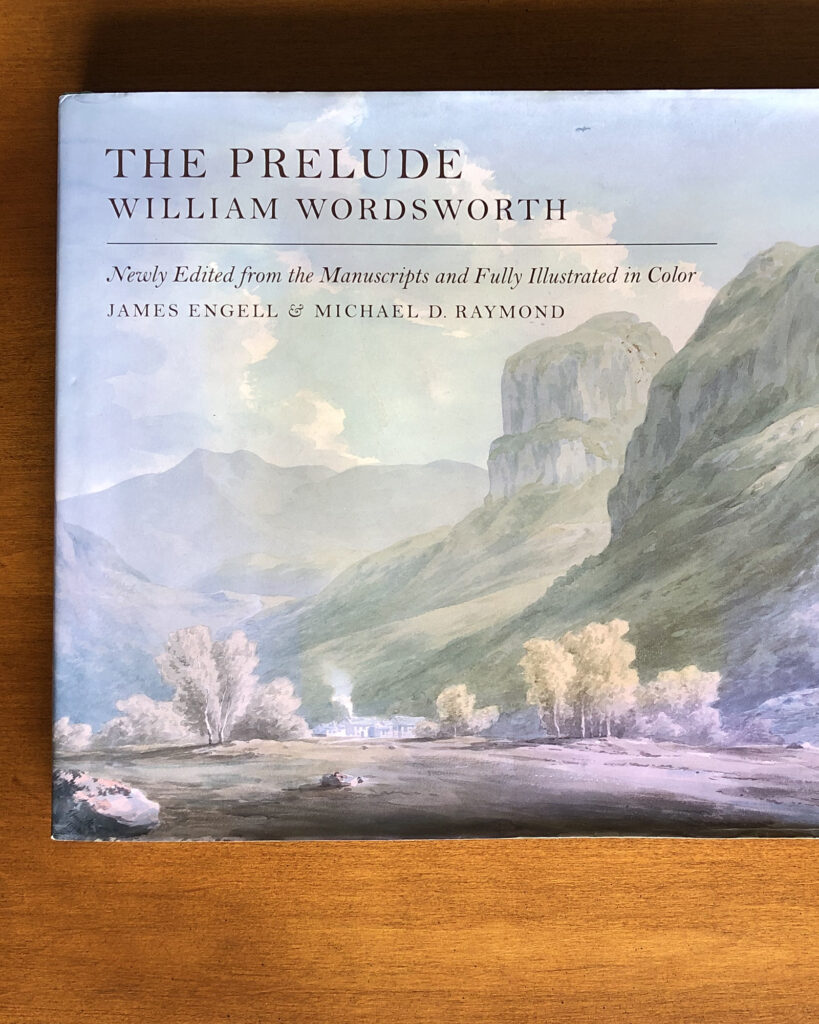
One cannot get far into Charlotte Mason’s volumes without encountering the name William Wordsworth. In fact, she mentions his name 64 times in her Home Education Series, making more references to him than to any other writer. In School Education, she devotes three chapters to an in-depth exploration of The Prelude. In Parents and Children, for the chapter subtitled “Feelings Educable by Parents,” she can find no better source text than Wordsworth’s “Tintern Abbey.” And in Home Education, she says that the only person who can express the child’s estate better than Wordsworth is Jesus Christ Himself.
But not everyone has such high regard for this Romantic poet. The Romantics have come under attack, and Romanticism itself has been identified as the source for many of society’s ills. In an influential critique, theologian and historian Carl Trueman reveals his own exposition of The Prelude and offers this ominous assessment: “William Wordsworth stands near the head of a path that leads to Hugh Hefner and Kim Kardashian.”
What is the student of Charlotte Mason to make of Romanticism? Is it to be appreciated or feared?
Theologian and father Morné Marais grew up in South Africa amidst the beauty of nature. But something besides nature gave him a new appreciation for life: his heart was stirred by the words of poets. We are blessed today to share Marais’s deeply personal reflections not only on the Romantic movement, but also on the movement’s relationship to Charlotte Mason. Whether you are concerned with the fate of the West or with the next poetry lesson for your child, you won’t want to miss Marais’s thoughtful, inspiring, and most of all personal praise of Romanticism.
@artmiddlekauff
February 8, 2023
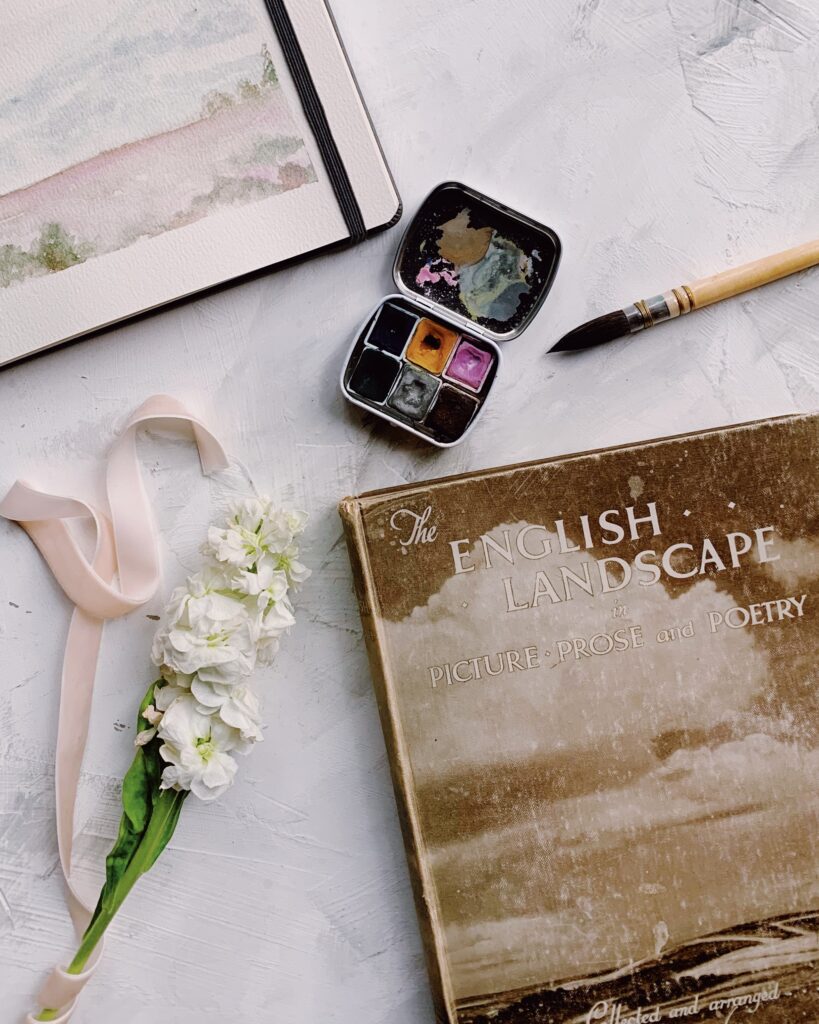
Have you had a chance to listen to our latest podcast, “In Praise of Romanticism” by Morné Marais? The amount of poetry and prose recited within makes it a real treat.
In his article, Mr. Marais asks if Charlotte Mason and her philosophy of education are part of the Romantic movement—a question that might seem esoteric at first, but is worthy of consideration as the Romantics come under fire at the same time many of us seek an escape to the country.
I don’t want to give too much away, but I’d love to hear your thoughts and discuss the article in the comments!
@rbaburina
February 9, 2023
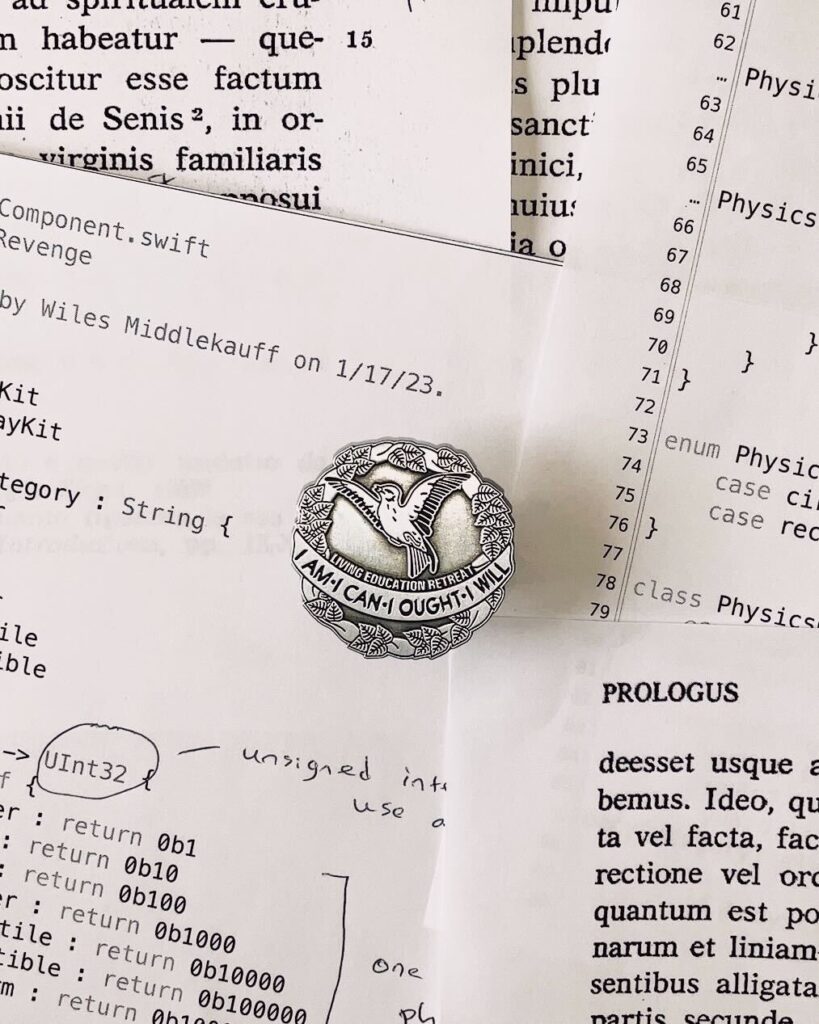
“Should we do our programming lesson Charlotte Mason style today?” asked my son, with the slyest of grins on his face. “We can write the code on paper and not use a screen.”
My son’s question captured the ambivalence that many Charlotte Mason homes feel about technology. As a career technology professional, I am convinced that the myriad of concerns are well-placed. Technology has its good sides, but it has its bad sides too. And its ugly sides are very dark indeed.
At the Living Education Retreat in July I will be sharing from my heart about all three sides of technology. My talk will be different from prior years, however. I plan to be so candid and so open that I will not have it recorded. This one is for the live audience only.
While many feel ambivalent about technology, I felt just as ambivalent about Latin, if not more so. A few bad experiences left me looking for any possible way to get off the hook from teaching that dead language. But then a series of discoveries shared by a tireless friend brought me around full circle. Latin, which I once disdained, has become a delight.
It’s a change in outlook that I had to see to believe. But maybe what I could only receive by sight you can receive by faith. My sessions on Latin will not be recorded either, so come join me at the Living Education Retreat. It’s where it’s happening.
@artmiddlekauff
February 10, 2023

The elusive snowy owl.
Have you ever seen one in real life?
(Thanks to my friend @reimermarlin for sharing his amazing 📷 capture!)
@antonella.f.greco
February 11, 2023

Aren’t these the cutest things?!?
Teeny tiny mushrooms, the tallest one being probably just over a centimetre tall.
What a precious gift we spotted on our walk!
@antonella.f.greco
February 12, 2023
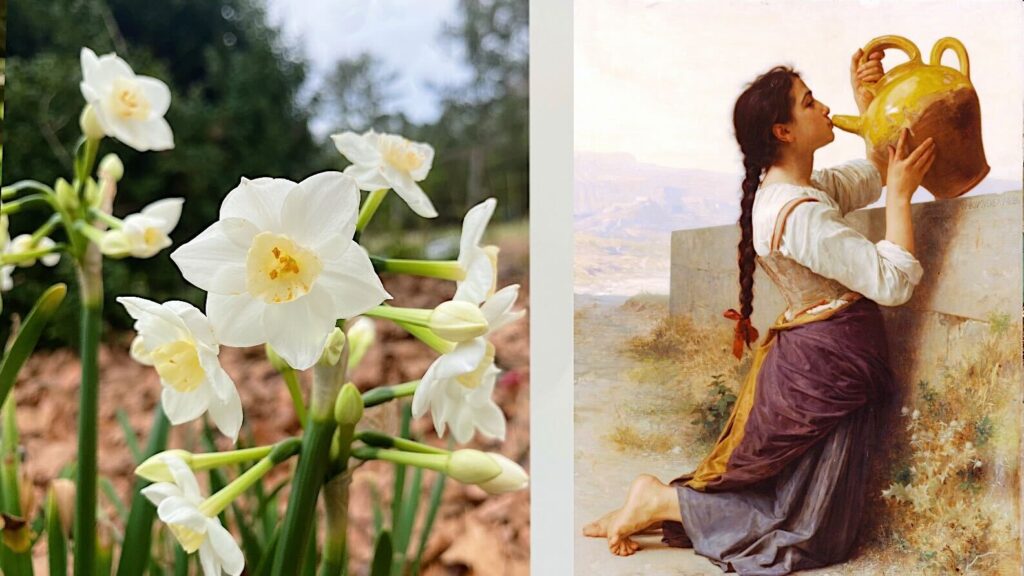
To be human is to be thirsty. Our bodies cannot live without water, but our souls are thirsty too. But what exactly will quench our thirst?
Catherine Benincasa grew up before the days of running water. As a little girl she would run down a path near her home to a fountain called Fonte Branda. The waters flowed from a hillside spring and were collected in a pool, the walls of which were lower at certain points to let out the overflow. From one of these points she would fill her jug and drink from it. And then the jug would be empty again.
Charlotte Mason noticed the many kinds of jugs that we drink from. There is money, there is pleasure, there is power, and there is lust. And there is love. But even there we do not realize that a man cannot “live by draining another’s cup to allay his thirst.”
Catherine Benincasa grew up and came to know Jesus. She tried to explain about Him, and she remembered the fountain called Fonte Branda. “The blessed Christ is the one who invites us to the living water of grace,” she wrote. “He said as much when he cried out in the temple, ‘Let whoever is thirsty come to me and drink, because I am the fountain of living water.’ He truly is a fountain. For just as a fountain holds the water and lets it spill out over the wall that surrounds it, so does this gentle loving Word, clothed in our humanity, do.
“His humanity was a wall that held within itself the fire of the eternal Godhead which was joined with that same humanity. And the fire of divine charity spilled out through the opened-up wall, Christ crucified. His precious wounds poured out blood mixed with fire, because it was by the fire of love that his blood was shed. From this fountain we draw the water of grace, since it was not merely through his humanity but by the power of the Godhead that human sin was washed away and we were restored to grace.”
Then Catherine added a qualifier. “He says, however, ‘Let whoever is thirsty come to me and drink.’ He doesn’t invite those who have no thirst.” Charlotte Mason’s poetic reflection on these words of Christ penetrates the heart and awakens our thirst. And so we come to the fountain, where the fire of divine charity spills out through the opened-up wall. Read or hear the poem here.
@artmiddlekauff